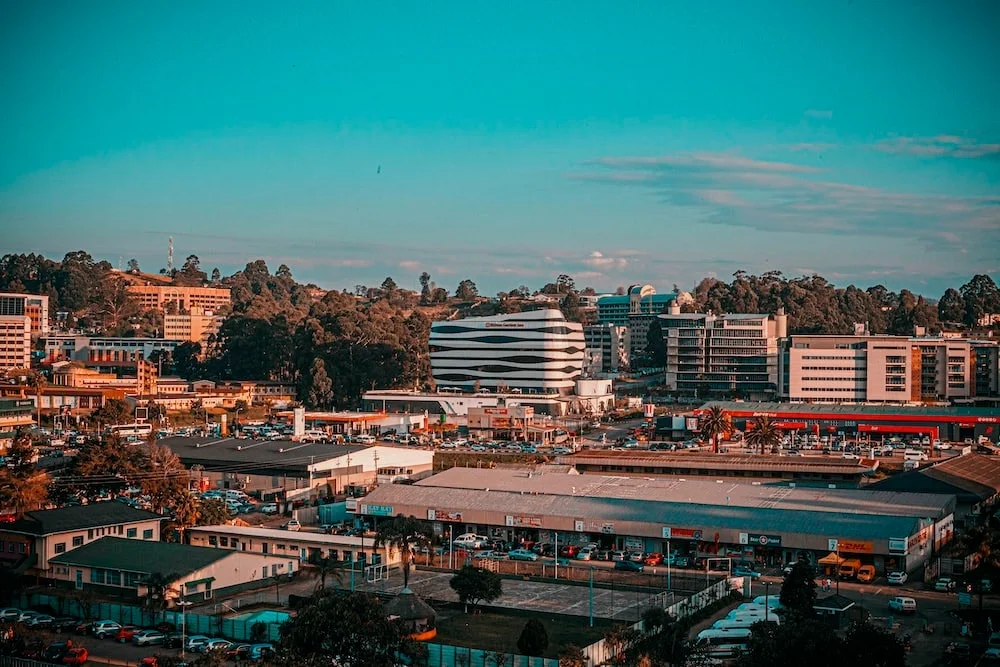Becoming the 8th nation in Africa to embrace this service, Eswatini welcomed the official launch of Starlink, Elon Musk's satellite internet initiative, on December 18. The journey commenced when the company sought a license in March 2023, culminating in its approval in June after satisfying regulatory and technical requisites. Starlink, employing low earth orbit, extends broadband internet access to both urban and remote areas, supporting diverse online activities such as streaming, gaming, and video calls.
Becoming the 8th nation in Africa to embrace this service, Eswatini welcomed the official launch of Starlink, Elon Musk's satellite internet initiative, on December 18. The journey commenced when the company sought a license in March 2023, culminating in its approval in June after satisfying regulatory and technical requisites. Starlink, employing low earth orbit, extends broadband internet access to both urban and remote areas, supporting diverse online activities such as streaming, gaming, and video calls.
 |
| Eswatini's capital, Mbabane. |
Becoming the 8th nation in Africa to embrace this service, Eswatini welcomed the official launch of Starlink, Elon Musk's satellite internet initiative, on December 18. The journey commenced when the company sought a license in March 2023, culminating in its approval in June after satisfying regulatory and technical requisites. Starlink, employing low earth orbit, extends broadband internet access to both urban and remote areas, supporting diverse online activities such as streaming, gaming, and video calls.
The news was shared by the company on X, previously Twitter, stating, “Starlink is now live in Eswatini, marking the 8th country and 10 overall markets in Africa where service is available.” The prevailing "Residential" package in Eswatini comes with a monthly cost of R1,070 (~$58), while additional expenses of R12,450 (~$670) cover hardware and shipping for the standard rectangular antenna.
DataReportal reveals that ESwatini boasts over 710,000 internet users among its population of just over 1.2 million. Despite these numbers, the viability of Starlink as a service in Eswatini may be influenced by the country's high poverty rates, with over 55% of its populace living on less than $3.65 a day, according to the World Bank.
Starlink has already established its presence in several African nations, including Mozambique, Rwanda, Mauritius, Sierra Leone, Zambia, and Nigeria. Meanwhile, regulatory processes are underway in Zimbabwe and Botswana, where authorities are evaluating Starlink's application for an operating license.
However, despite the positive strides made in the southern African region, Starlink faces regulatory hurdles in South Africa, its potentially largest and most lucrative market. The country has imposed a ban on the importation and usage of Starlink, citing competition regulations that require the South African subsidiary to allocate 30% ownership to historically disadvantaged groups – a stipulation that the company appears to be contesting.
